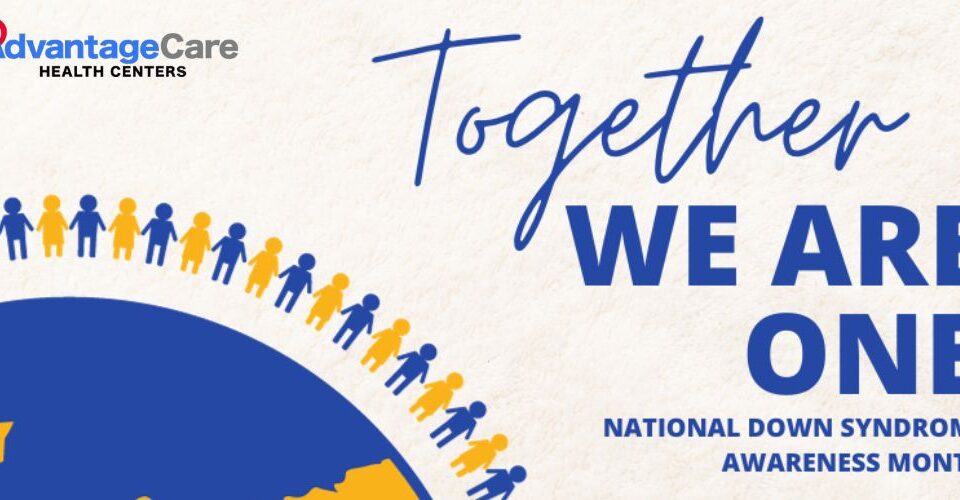
Healthy, Enjoyable and Affordable Outdoor Activities on Long Island
May 12, 2021
A Guy’s Guide to Taking Charge of Men’s Health Issues
June 14, 2021
Healthy, Enjoyable and Affordable Outdoor Activities on Long Island
May 12, 2021
A Guy’s Guide to Taking Charge of Men’s Health Issues
June 14, 2021
For those living with mental health conditions, an active network of family and friends can make a world of difference. If someone you love struggles with mental health issues, learn how to be a source of strength and support.
Educate Yourself and Your Family
Mental illness is a family disease, which tends to affect everyone in some way or another. The more you know about mental health, the better able you will be to provide vital assistance to a loved one.
What are Mental Health Conditions?
Depression, bipolar disorder and other types of mental illnesses are more common than most people realize. You probably know someone who is living with a mental health issue and could benefit from your support.
Fast Facts
- Mental illnesses are conditions that influence thinking, feeling, mood and behavior.
- 1 in 5 adults in the United States is living with a mental illness.
- There are many different types of mental illnesses, ranging from eating disorders to mood disorders.
- There is no single cause for mental illness. Factors that contribute to it are family history, life experiences, biological factors and traumatic brain injury.
- Mental health issues can be either short-term or chronic.
Recognize the Warning Signs of Mental Health Conditions
There are often signs that indicate a mental illness has begun to develop. By learning to identify these signals, you will be able to recognize warning signs that your loved one may not be able to see themselves.
What to Watch for
- Changes in eating or sleeping patterns
- Withdrawal from people or usual activities
- Having little or no energy
- The feeling that nothing matters
- Experiencing feelings of being helpless
- An increase in risky behaviors, such as smoking, drinking or using drugs
Participate in Your Loved One’s Treatment
You have the power to play an essential role in your loved one’s treatment. By being involved, you become a key player in their journey to recovery.
Ways to Provide Support
- Let them know you are concerned
- Express your support
- Listen actively
- Ask questions
- Provide reassurance
- Avoid making judgments
- Encourage them to seek professional help

Build a Support Network
A strong support network is critical to helping someone manage mental health conditions. Just letting a loved one know you are there for them can be a real difference-maker.
How to Support a Loved One
- Check-in regularly (but don’t be overbearing)
- Include them in plans (even if they resist invitations)
- Treat them with respect, compassion and empathy
When family and friends work together, mental wellness becomes a more achievable goal.
Create a Crisis Plan (Just in Case)
In case of emergency, it is necessary to have a crisis plan. If a family member or friend is in danger, you can call the National Suicide Prevention Lifeline at 1-800-273-TALK (8255).
Make Us a Part of Your Support Circle
If you believe one of your loved ones could benefit from mental health services, Advantage Care is here to help. We have a team of experienced health care professionals who specialize in mental and behavioral health services, including psychiatry and psychology.
Contact us today to request an appointment.






